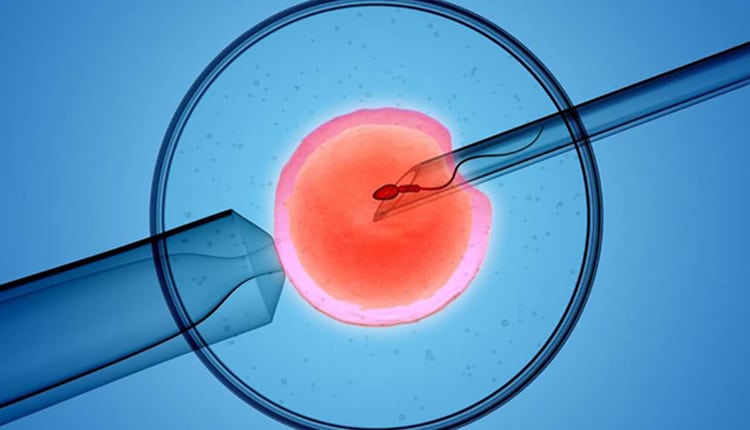Science is an incredible thing. Thanks to years of advances in infertility and IVF treatments in particular, pregnancy is now possible for women who might otherwise never conceive. But making the decision to do in vitro fertilization (IVF) is both exciting and nerve-wracking. At one hand, the procedure brings you closer to pregnancy and the other hand, not knowing what to expect and wondering if it will work or not is stressful.
In reality, IVF involves a lot of commitment, persistence and potential obstacles. If you are considering IVF to help you make better decisions, here are some important things to know:
IVF is very time consuming
A complete IVF cycle usually takes 4 weeks to 2 months, depending on how quickly your body responds to various medications. And at that point, there are a lot of things to do all the time, such as monitoring with doctor’s appointments, blood tests and ultrasound, all through the process.
The whole process can be very stressful and can changes the mood
Although IVF has become a very streamlined treatment, the process remains very stressful. Researching the process and asking questions of your doctor will help you feel more independent and reduce the uncertainty and stress that characterize the process.
Price is high
Patients sometimes remain confuse regarding the cost of the cycle with the total cost of treatment. The cost of the cycle includes analyzes, egg collection, embryology and embryo transfer. However, since the treatment is usually tailored to your personal situation, the costs of blood tests, medications and additional techniques are not included in this price and vary from patient to patient.
Success rates can be misleading
Success rates are not adapted to your exact circumstances and are approximately 35% on average can therefore give a misleading picture of the chances of your success which also mean that most patients will have to undergo a number of treatments before a successful pregnancy.
You are more likely to have a multiple pregnancy with IVF
It is well known that fertility treatment may result in a greater likelihood of multiple pregnancies. Twins and triplets, however, are more common with IVF, with a multiple birth risk of 3% in the natural conception at 33% with IVF treatment. Identical or non-identical twins are more likely to occur, probably because of the techniques associated with IVF.
You must take a DNA test
All eggs, sperm and embryos look the same. If there is reason to believe that there may have been a mix up of eggs or sperms, the patient can get a DNA test done. DNA Testing confirms if the correct Egg & Sperm were used during the treatment and verify the child has been born is biological related to parents. DNA test will also help in making of birth certificate and other documents like passport, visa etc.
Lastly, If you have a child from IVF method, have gone through this procedure or thinking for, please contact our executives at: + 91-8010177771 and he/she will guide and suggest the best suitable DNA test to you, so you can have your peace of mind and be assure the child is yours.








You did a good job on this topic. You made a good site and giving us such a great information. I am impressed with your site and also I like your suggestions, they very help us
Pingback: Top IVF Centres in India to get Treatment - DNA Forensics Laboratory
Pingback: Complications of IVF | Know the IVF Baby Complications
Pingback: How to Choose Best IVF (In Vitro Fertilization) Centre in India?
Pingback: DNA Test for IVF Baby | Significance of DNA Testing When Choosing IVF